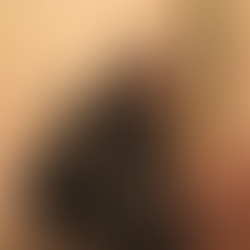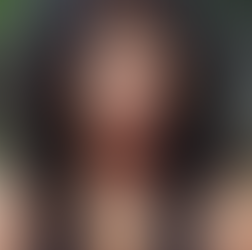![It's Not Over for Debbie [Interview]](https://static.wixstatic.com/media/0d4ea1_e92b8ff7f4c6477eb84d15c8f91e57d3~mv2.jpg/v1/fill/w_250,h_250,fp_0.50_0.50,q_30,blur_30,enc_avif,quality_auto/0d4ea1_e92b8ff7f4c6477eb84d15c8f91e57d3~mv2.webp)
![It's Not Over for Debbie [Interview]](https://static.wixstatic.com/media/0d4ea1_e92b8ff7f4c6477eb84d15c8f91e57d3~mv2.jpg/v1/fill/w_390,h_390,fp_0.50_0.50,q_90,enc_avif,quality_auto/0d4ea1_e92b8ff7f4c6477eb84d15c8f91e57d3~mv2.webp)
It's Not Over for Debbie [Interview]
Her music feels like a safe haven where fans seeking a breather have somewhere to lean in and feel understood.


Backstage with Bryant Barnes on his SOLACE Tour
New Wave Magazine caught up with alt-R&B artist Bryant Barnes while on tour for his debut album, SOLACE, to discuss everything from finding his unique sound to how he stays grounded while navigating tour life.


Building Worlds Beyond Ours: bib sama. and Tayoloxs in Conversation on GAIA, Escapism, and the Future of the Underground
At a time when the weight of the world feels heavier than ever, the art of world-building has become an act of resistance — and few are doing it quite like bib sama. and Tayoloxs. Over the past year, the two emerging London visionaries have been constructing a sonic universe around their forthcoming project, GAIA — not just through sound, but through community. Working with a constellation of collaborators — from the emerging cinematographer Rino, to the visual artist SIMMS,


Aitch Speaks on Being a Northern Soul With a Southern Spirit Blending Comfort & Style
Southern comfort has teamed up with Manchester’s Local Space for a limited-edition streetwear drop, Northern Comfort, a line fronted by the renowned Brit Award Winning artist, Aitch.


Definition of Protect Sarz At All Costs, His Debut Album, and Upcoming Collaboration With Rema [Interview]
Bringing in artistes from various continents, the 12-track body of work was released on the 25th of September.


























Comments